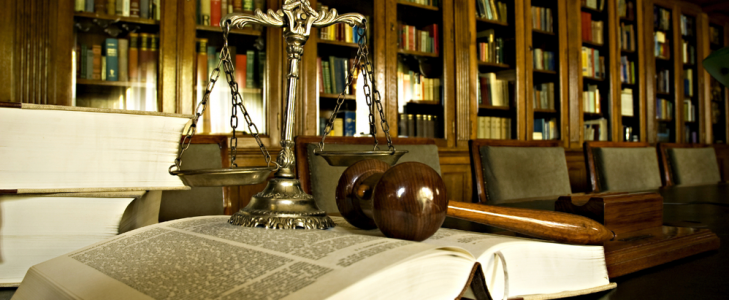Pennsylvania State Senator Edwin Erickson recently announced plans to introduce a bill that would bring online poker to the Quaker State. Erickson hopes to unveil his legislation some time in late June as he wrote, “In the next few weeks I intend to introduce Senate Bill 1386, legislation that would authorize Interactive Gaming in the form of online poker.”
Erickson has been encouraged by a Legislative Budget and Finance Committee study, which “found that Internet Gaming is a large new source of revenue that the Commonwealth could explore.” Like all US states that are considering online gaming, it looks like Pennsylvania could stand to benefit from legalizing it. But should we expect Erickson’s bill to pass? Let’s discuss the matter by covering details of the legislation along with potential opponents of the bill.
Bad Actor Clause in effect
While Erickson hasn’t released the full legislation yet, he has explained some of the key points. First off, the “Bad Actor” clause will be in effect for poker sites that violated the Unlawful Internet Gambling Enforcement Act (UIGEA). What’s not clear, though, is whether the Bad Actors could provide software for in-state casinos behind the scenes.
Another big aspect of the bill is that it only allows for online poker, with casino games being left out of the equation. Erickson believes that “many Pennsylvania residents participate in illegal and unregulated poker sites. Establishing a strong regulatory framework under the Gaming Control Board will assist in shutting down these illegal sites and enhance consumer protection for our gaming residents.”
One final point worth mentioning is that the tax rate on operators will be set at 14%. This is quite a bit higher than the 6.75% rate that Nevada features, but slightly less than New jersey’s 15% rate.
What’s standing in the way of this bill?
While the Pennsylvania Senate seem to be behind this legislation, the House aren’t sharing the enthusiasm. This being the case, it’ll be interesting to see how the House decide to vote when the online poker bill is passed to them.
Another wild card in this matter is Governor Tom Corbett. The Republican faces a tough bid for re-election, mainly due to his low-key nature and unpopular budget cuts. Corbett could use online poker as a way to bring additional tax revenue to the state and shore up his budget. Or he might refuse to sign a poker bill for fear that his political opponents could use this as ammunition against him.
At the moment, it doesn’t appear as though there are any definite roadblocks facing Erickson’s bill. But the House and/or Corbett could potentially oppose any efforts to legalize Pennsylvania online poker. Let’s hope that this isn’t the case, though.
